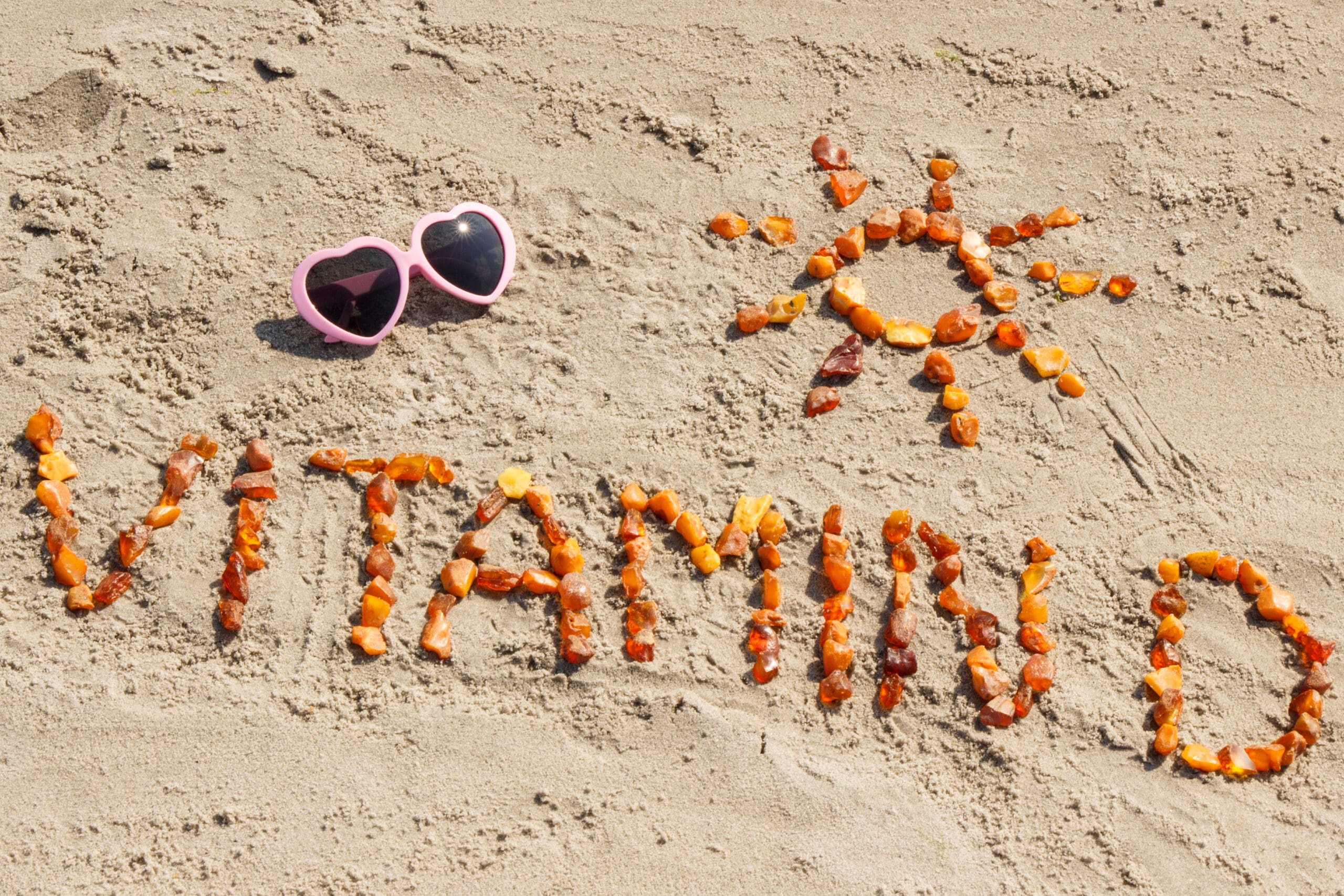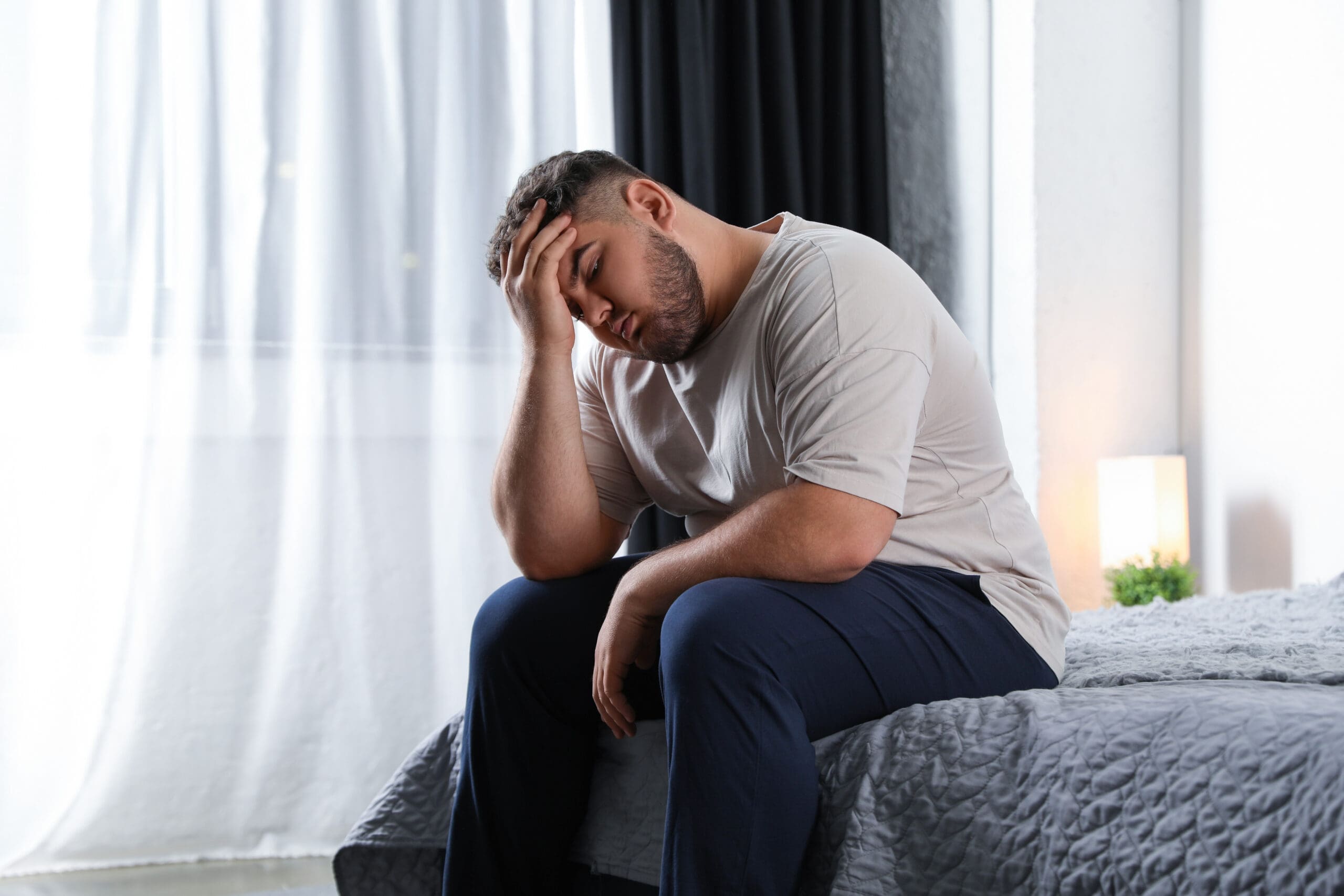By Naturopath Margaret Jasinska
Iodine is a non-metallic trace element that is needed by your body in very tiny amounts. Even though your requirement for iodine is small, it is surprisingly difficult to obtain enough of it in your diet. There is a urine test your doctor can order to check if you have sufficient iodine.
Among our patients it is rare to meet a person who isn’t iodine deficient.
You probably know that iodine is required for healthy thyroid gland function. It is actually used to manufacture thyroid hormones; the hormones T4 and T3 contain 4 and 3 molecules of iodine respectively. Therefore if you don’t get enough iodine in your diet, your thyroid gland can become under active and you may feel tired and sluggish. You may be overweight and find it impossible to lose weight.
You may not be aware that iodine has several other important functions in your body. The developing brain of a baby has a very high requirement for iodine and deficiency can cause lowered IQ and impaired hearing. As adults, we also need iodine to help concentration and cognitive function.
Women have a high requirement for iodine because it is necessary for healthy breasts and ovaries. Being deficient in iodine can increase your risk of suffering with cysts on your ovaries or in your breasts. Women with polycystic ovarian syndrome or fibrocystic breast disease greatly benefit from an iodine supplement.
Which foods are high in iodine?
Most of the world’s iodine is found in the oceans; therefore any food that comes from the sea contains iodine. For this reason, fish and other seafood is a good source of iodine, as long as it really does come from the ocean and lives on its traditional diet. Farmed seafood is not as high in iodine. Seaweed is rich in iodine, but not a lot of people eat it regularly.
Ordinary salt does not contain iodine. Sea salt and Himalayan salt contain very small quantities of iodine. If you want to get iodine from salt, you’d have to buy iodised salt. Please make sure it doesn’t contain aluminium though. Nearly every single variety of iodised salt sold in the supermarket contains aluminium. You won’t find the words “This product contains aluminium” on the label. Instead, it will be listed as “anti-caking agent (554)”. Aluminium is added to prevent the salt from clumping together. Please avoid this type of salt. You don’t want to create an aluminium toxicity while trying to fix an iodine deficiency!
You may need to take an iodine supplement
As you can see, not a lot of foods are a rich source of iodine. Even people who use iodised salt typically use salt very sparingly, so they still often don’t obtain enough. Taking an iodine supplement can ensure you’re receiving just the right amount.
Some iodine supplements are far too strong
Recently we are seeing a large number of patients at our clinics who have been buying iodine supplements from health food stores or the internet which are far too potent and potentially harmful. Some people have read about iodine on the internet and decide to take mega dose supplements in an effort to fix their thyroid condition, or as an alternative to prescription thyroid hormones. This does not work and is potentially dangerous.
Taking too much iodine can worsen an under active thyroid, or may cause an over active thyroid or may cause acne. We recommend you keep your iodine intake from supplements below 1000mcg per day. An ideal dose would be around 300 to 500mcg per day. Some research has shown that 47 percent of people taking more than 1000mcg of iodine developed a thyroid problem. Taking an excessively high dose of iodine if you have been iodine deficient for a long time is particularly dangerous. It is really best to take it slow and steady when it comes to iodine supplements.
Taking iodine alone will not fix your thyroid problem
We have found that in most cases, there are several contributing factors that lead to thyroid conditions. Deficiencies of selenium, zinc and vitamin D are also very prevalent and that can impair thyroid function. Also, most thyroid problems are actually caused by autoimmune disease. That means the immune system produces antibodies and inflammatory chemicals that disrupt thyroid hormone levels. We have written about our treatment of thyroid conditions in great detail in the book Your Thyroid Problems Solved.
Reference:
Sang Z et al. Exploration of the safe upper limit of iodine intake in euthyroid Chinese adults: a randomized double-blind trial. Am J Clin Nutr. 2012. 95: 367-73. PMID: 22205314







Leave A Comment